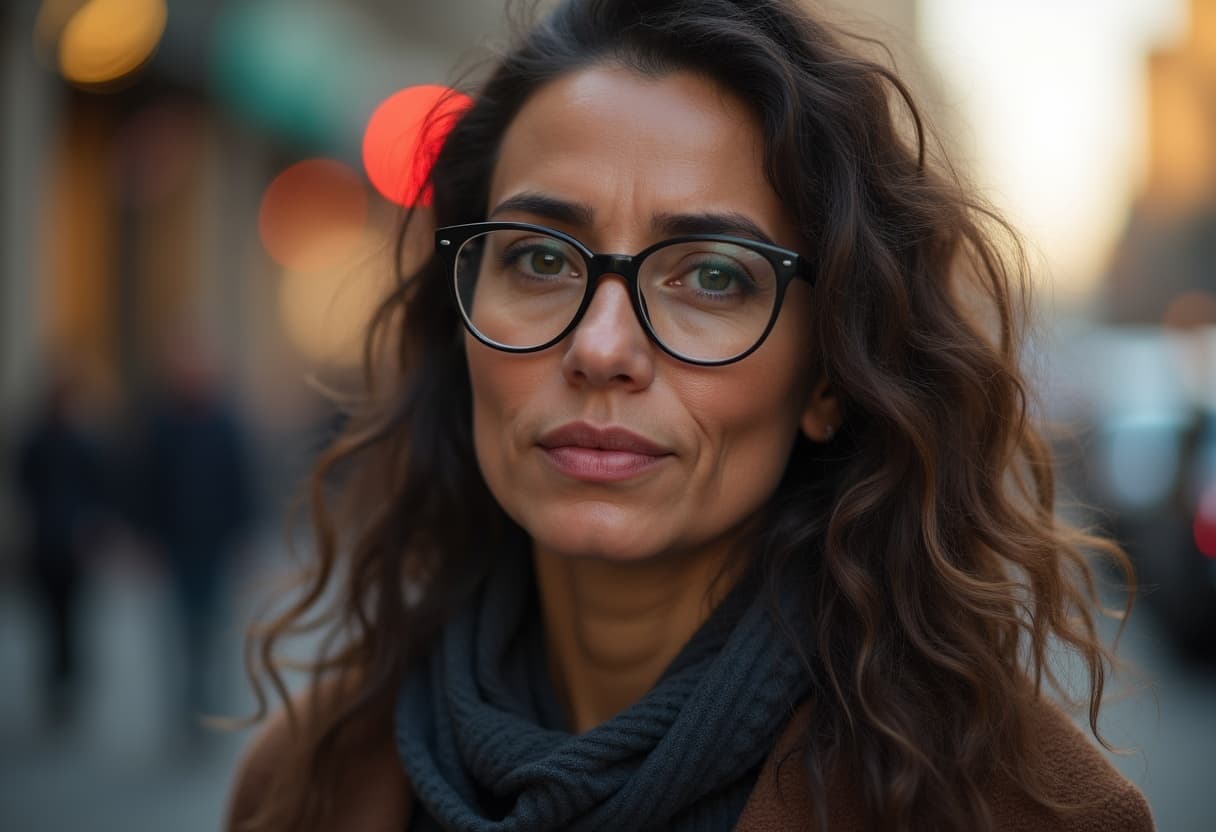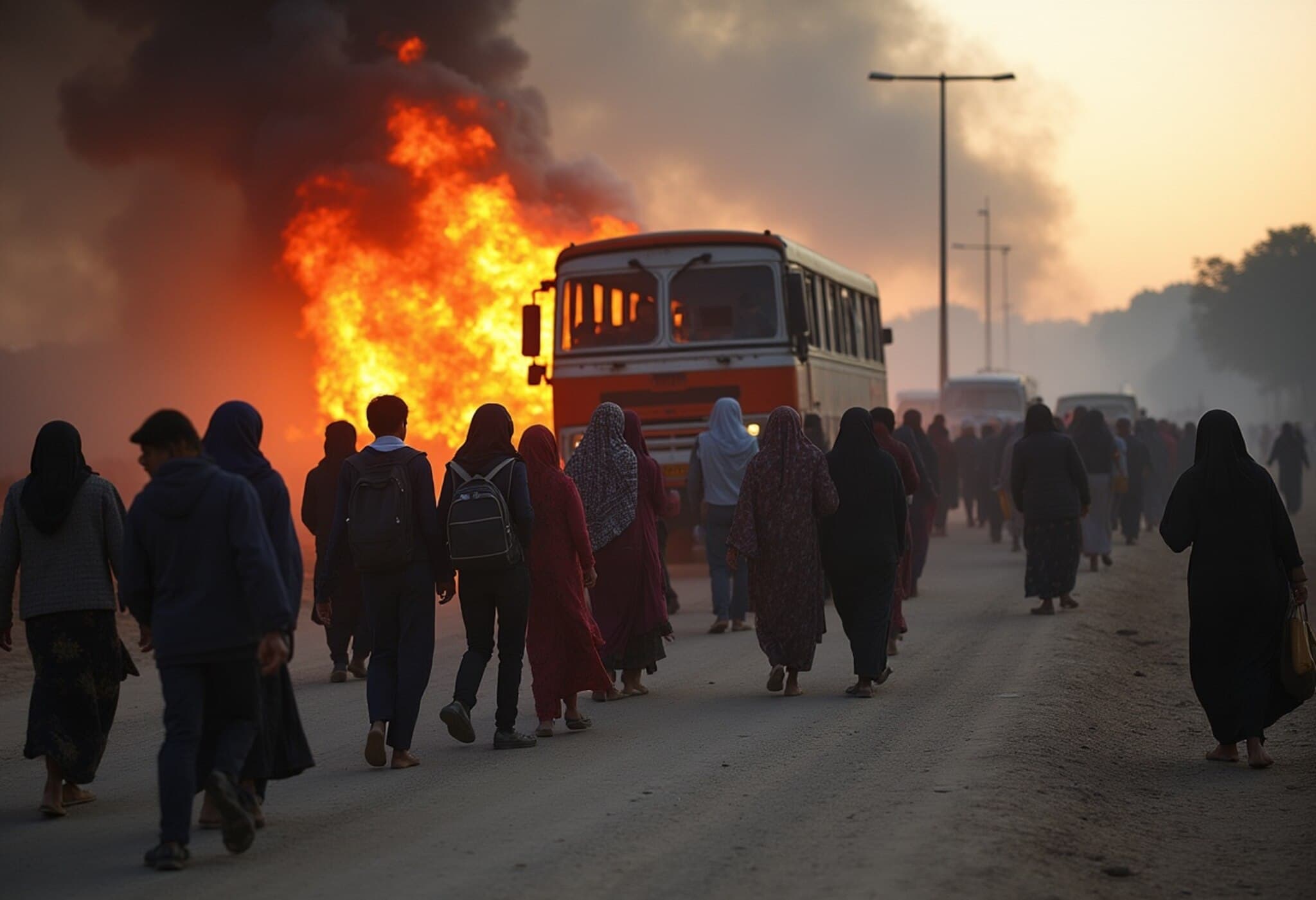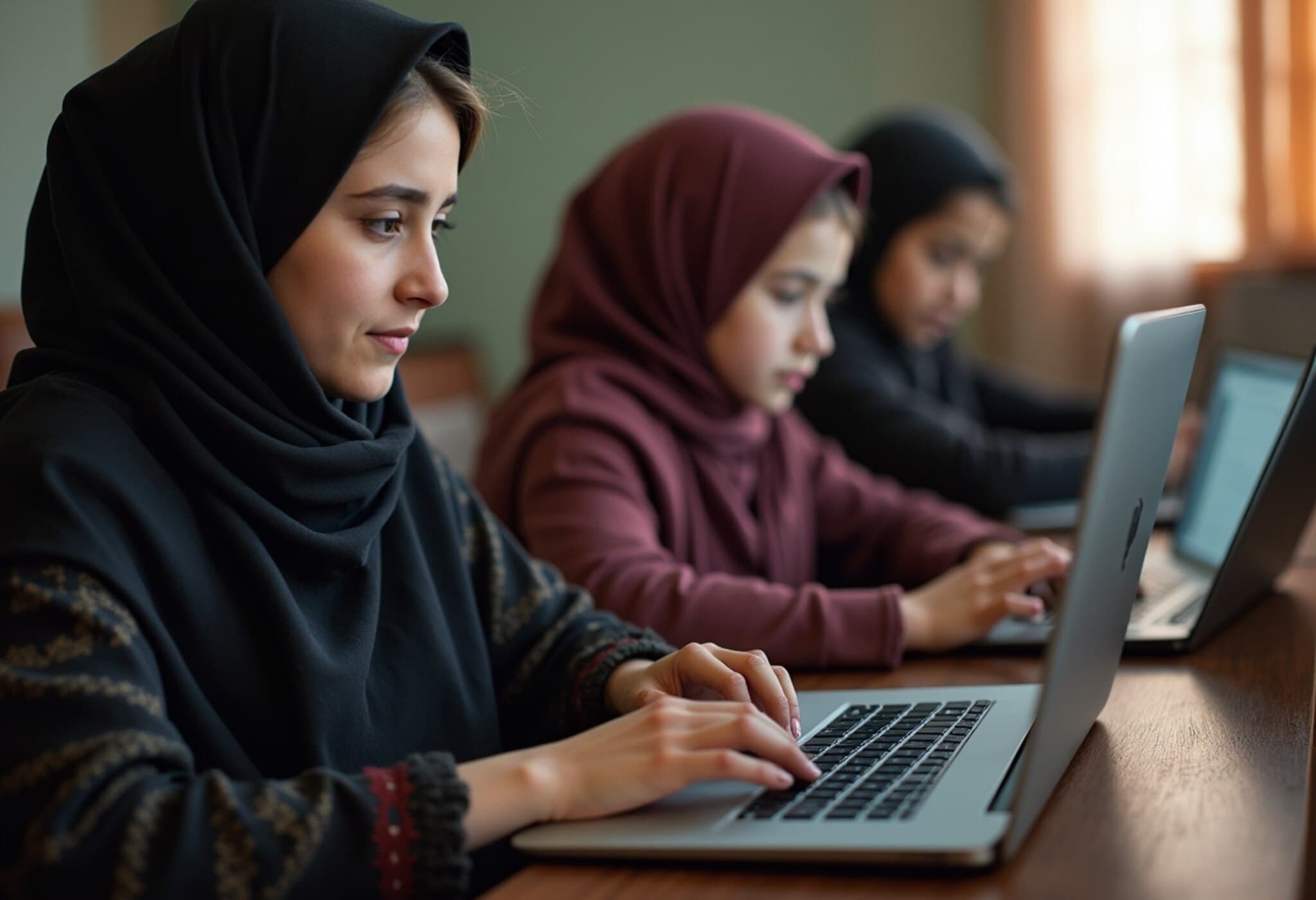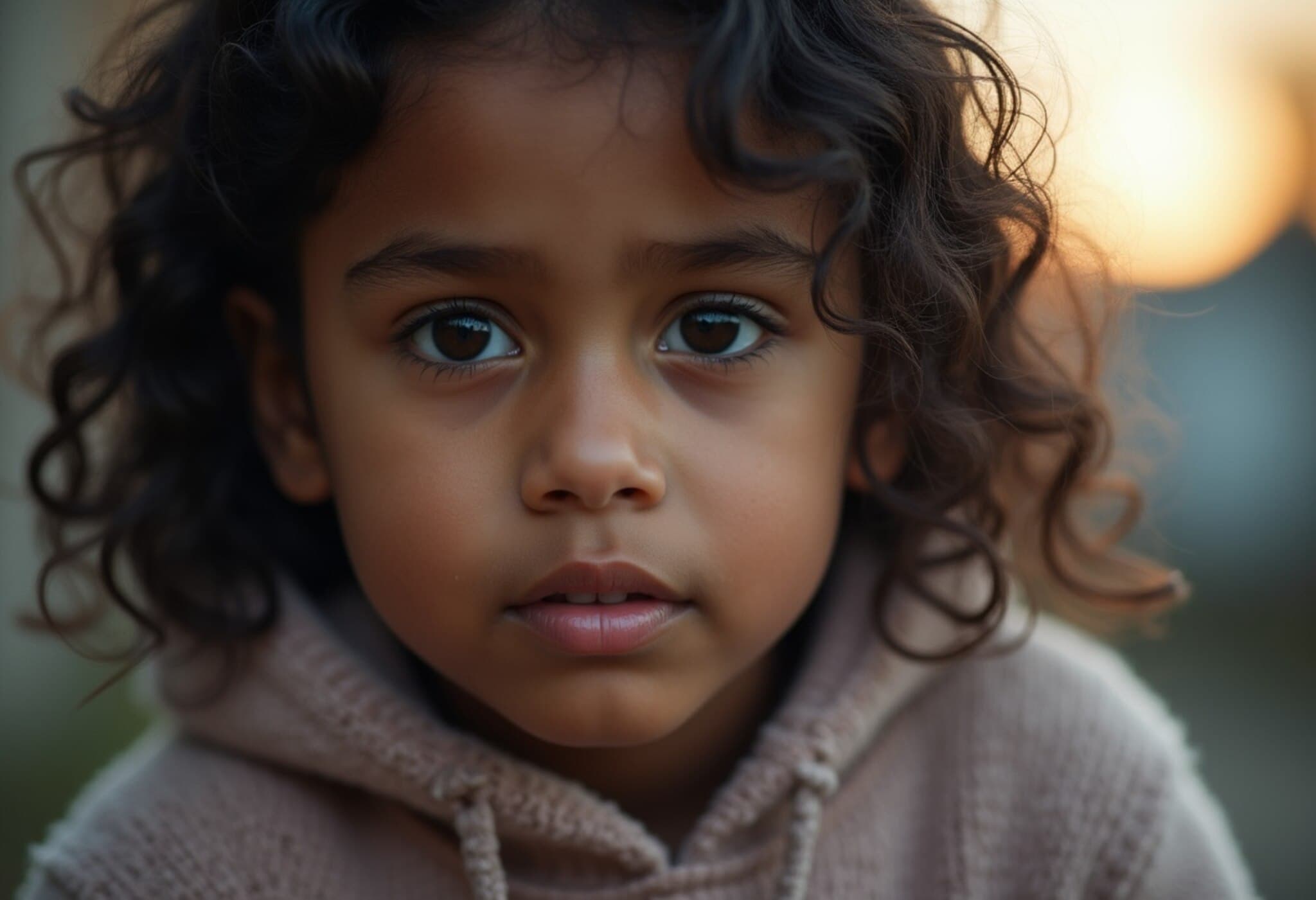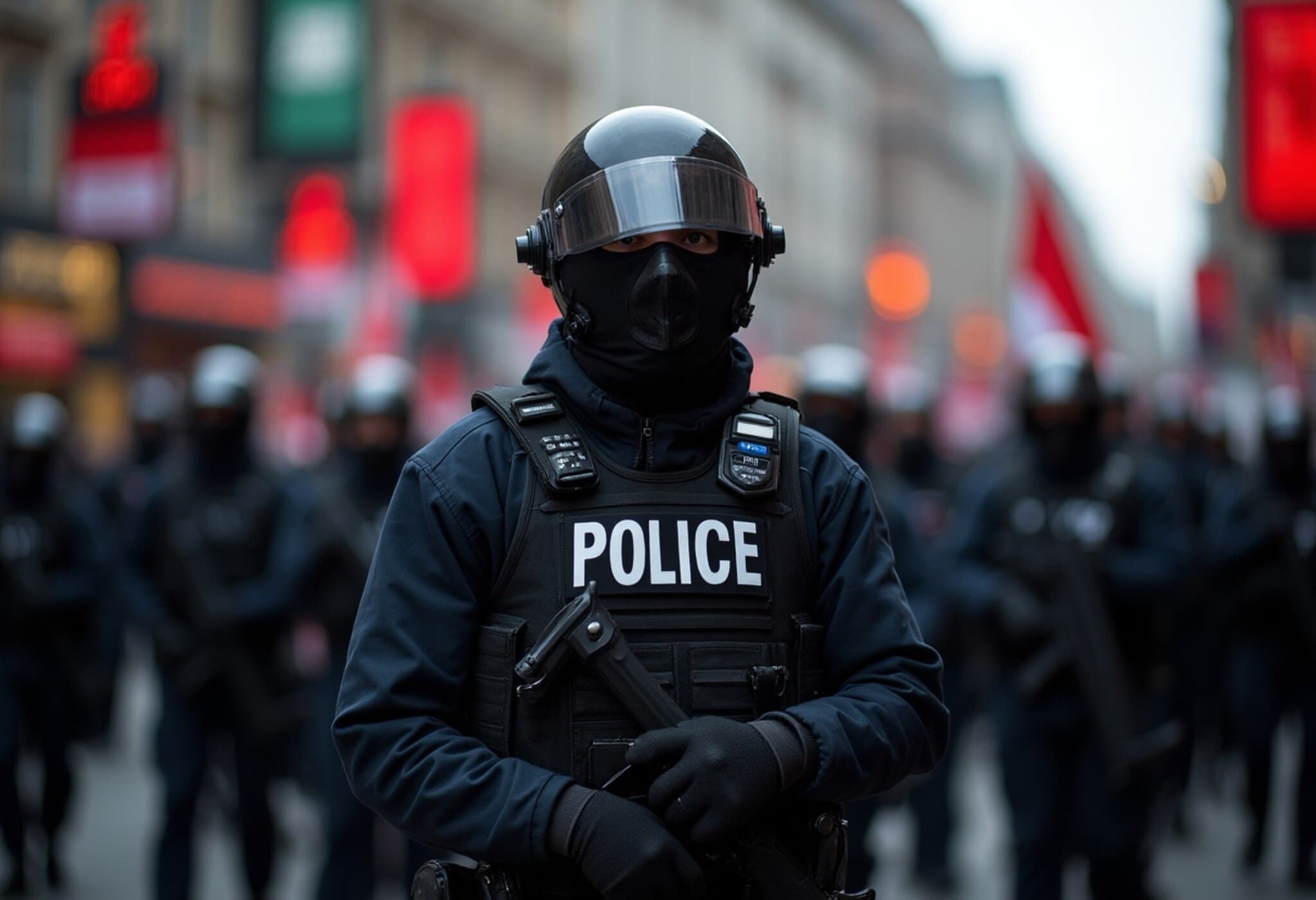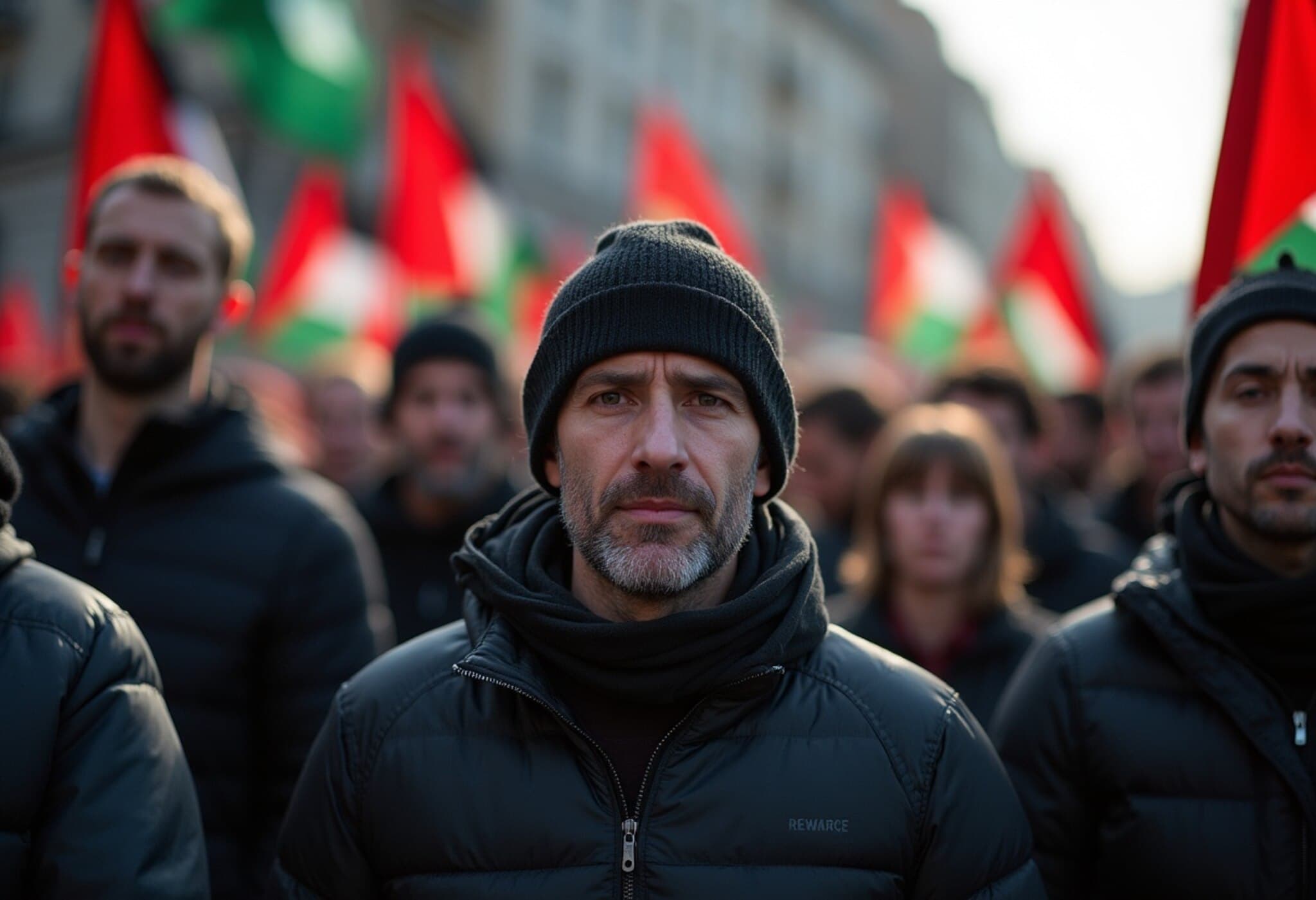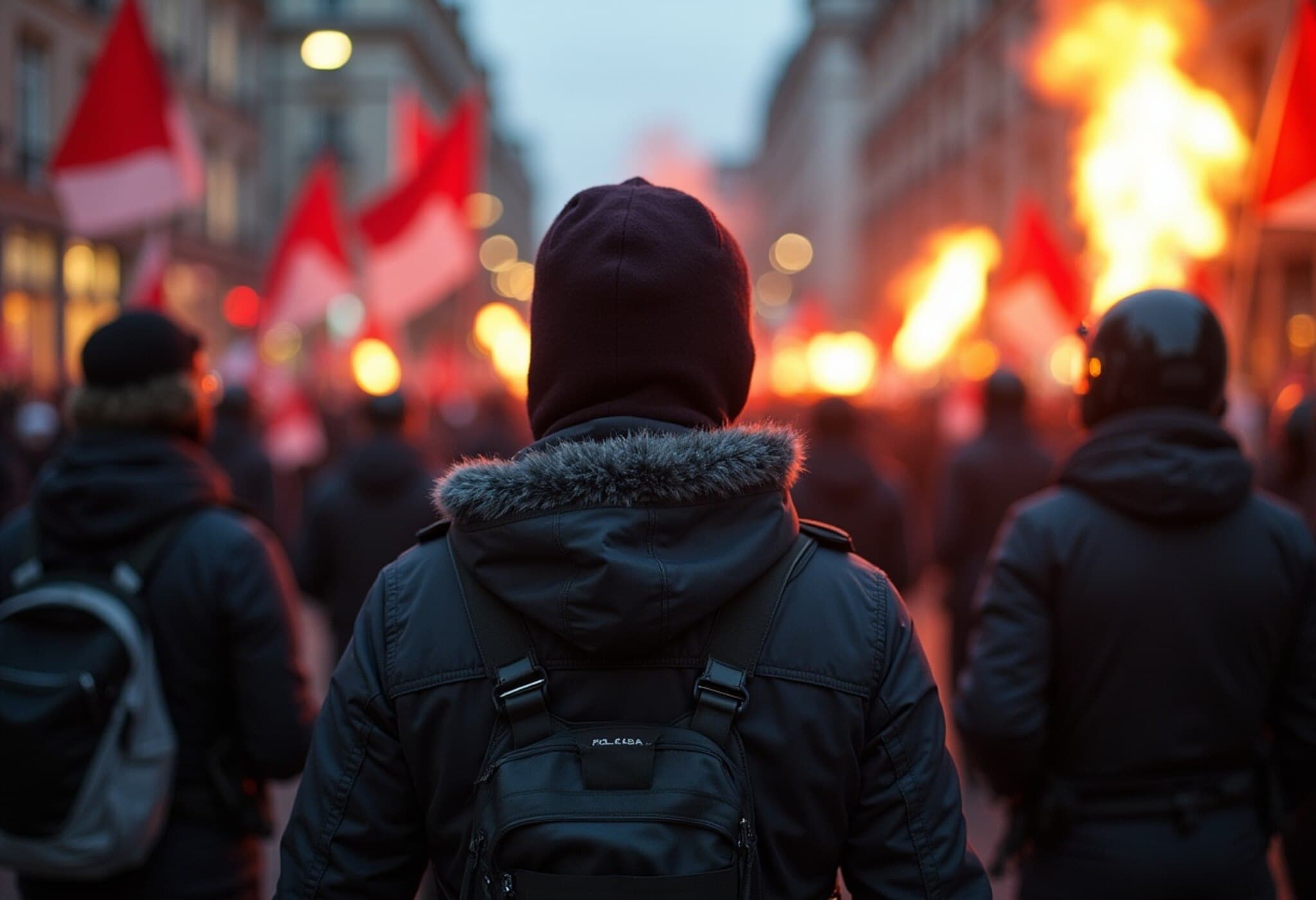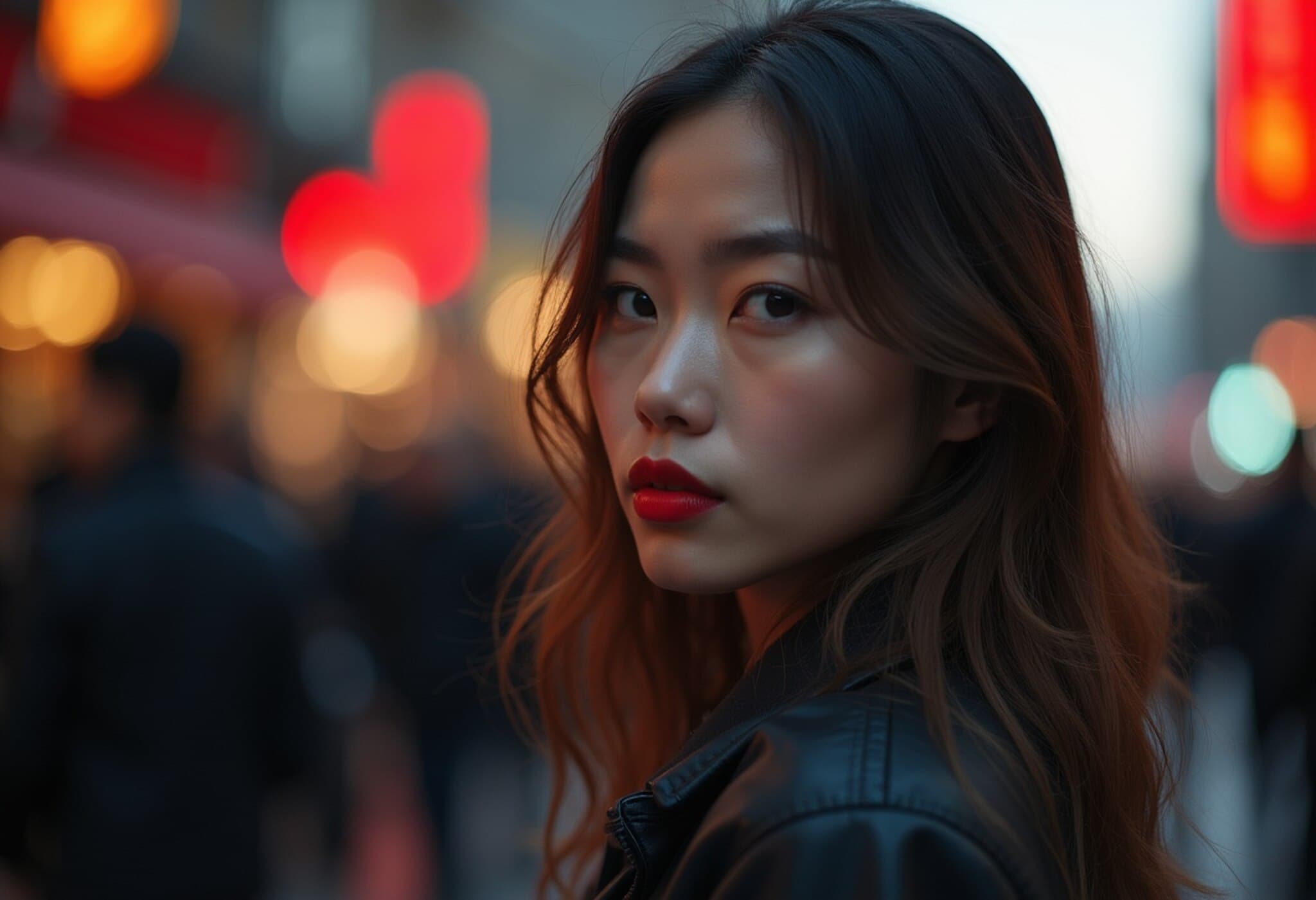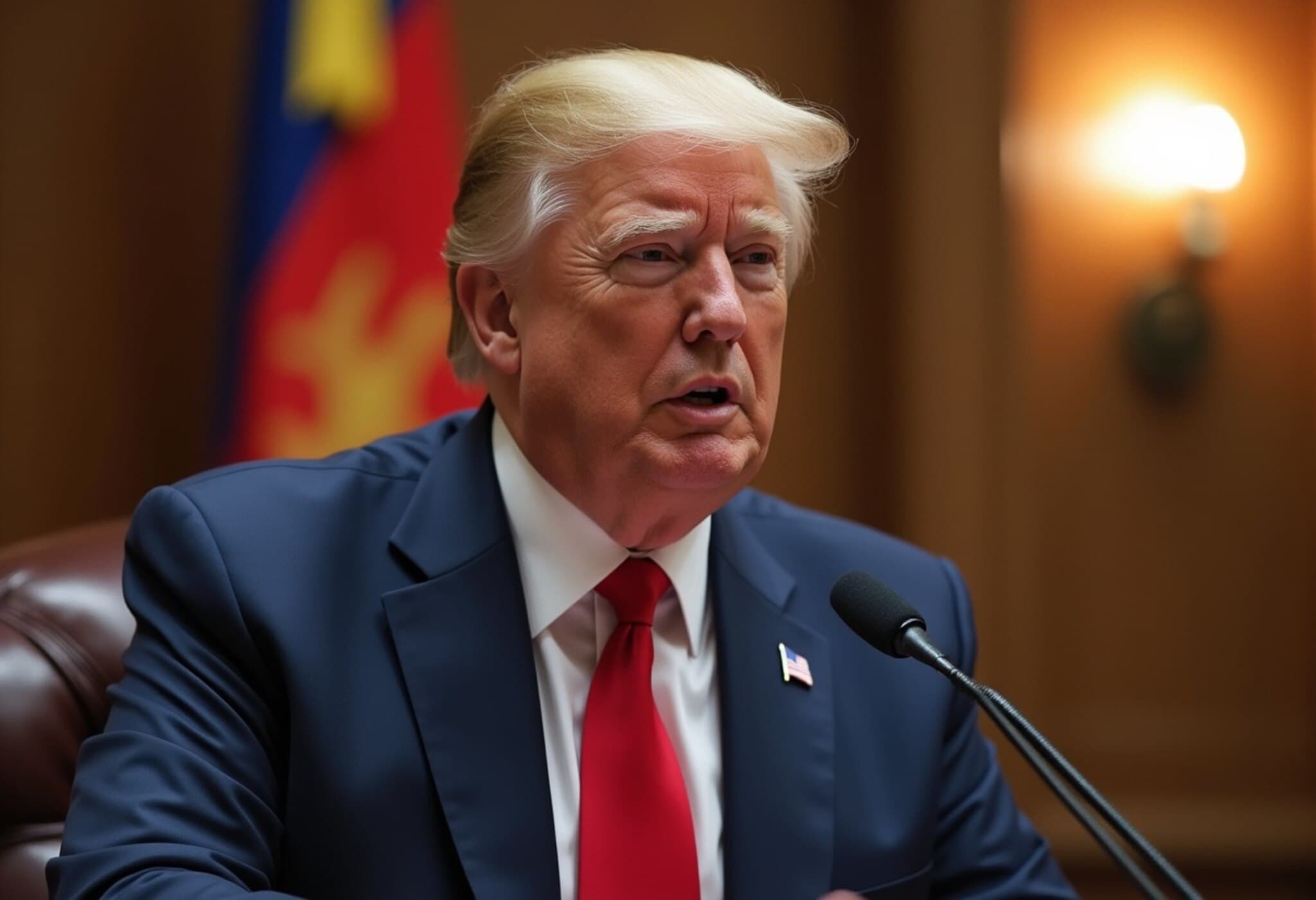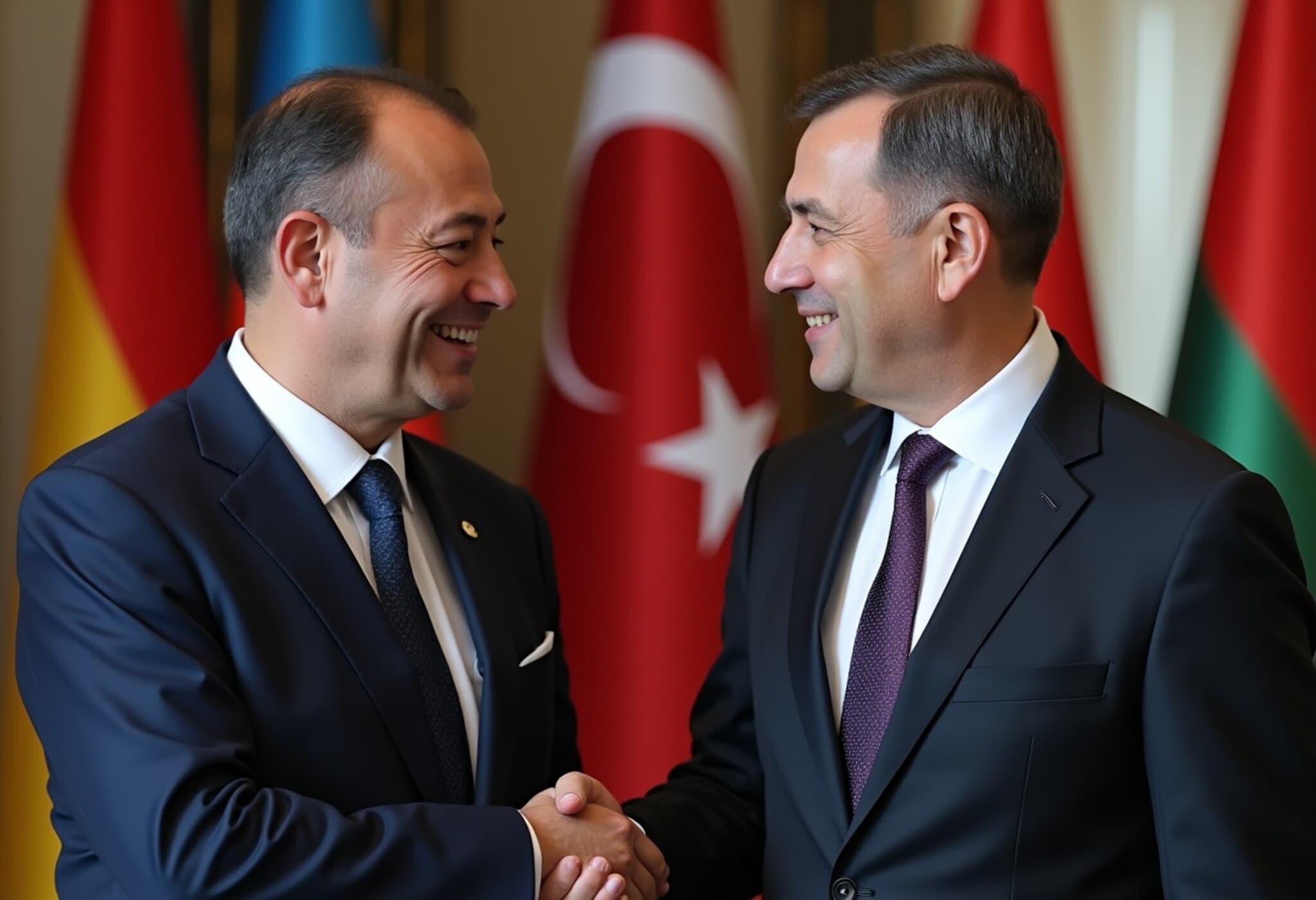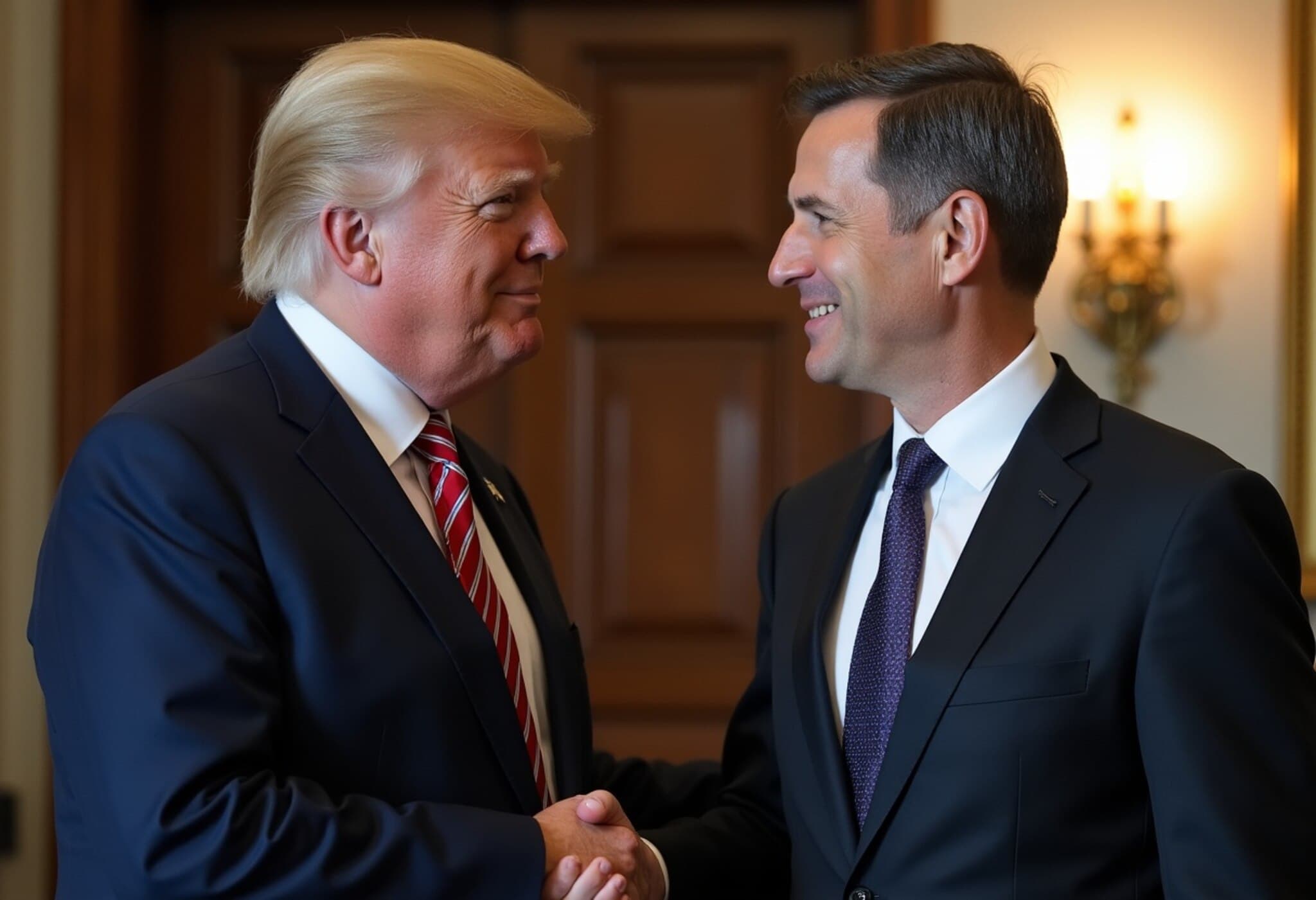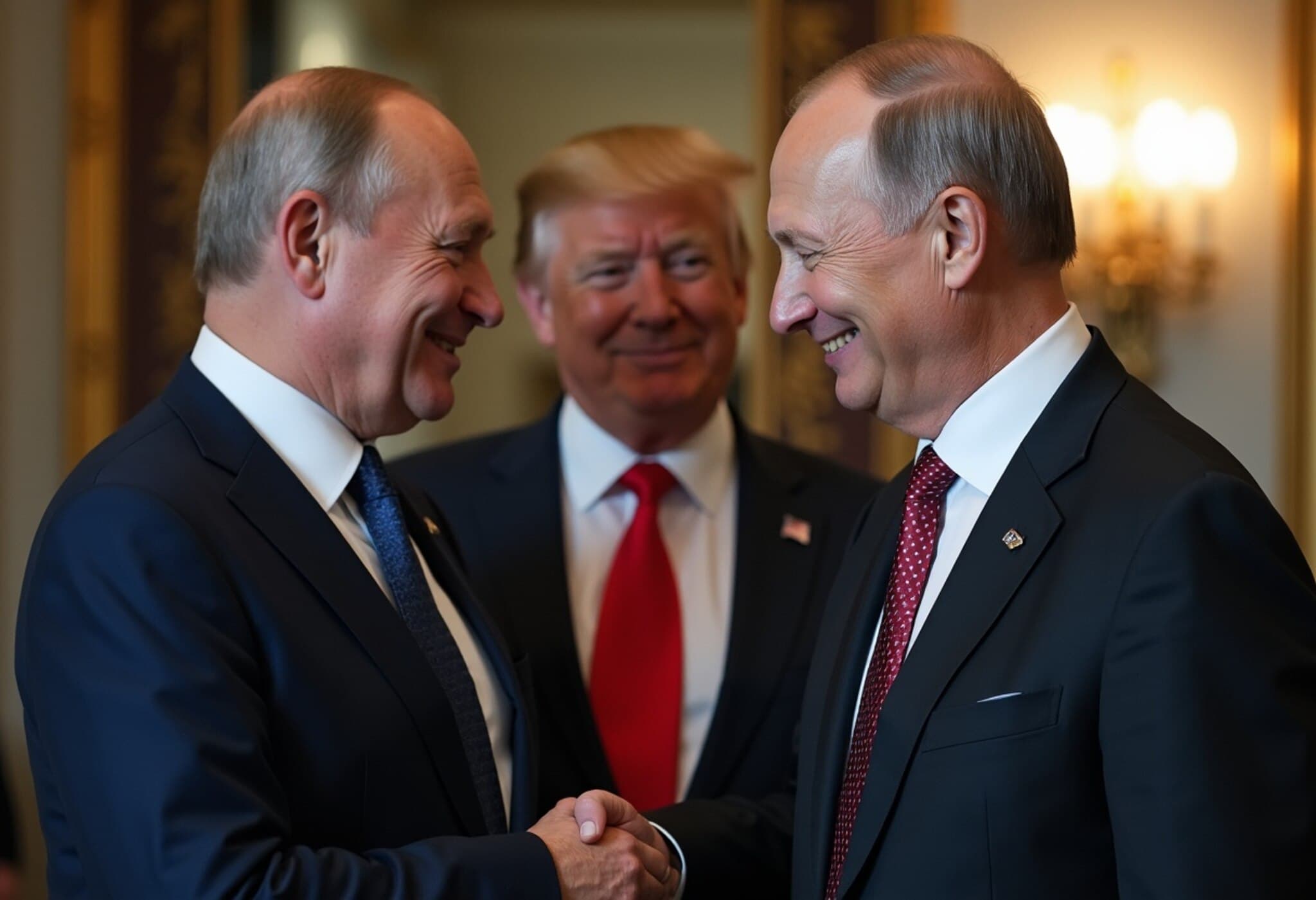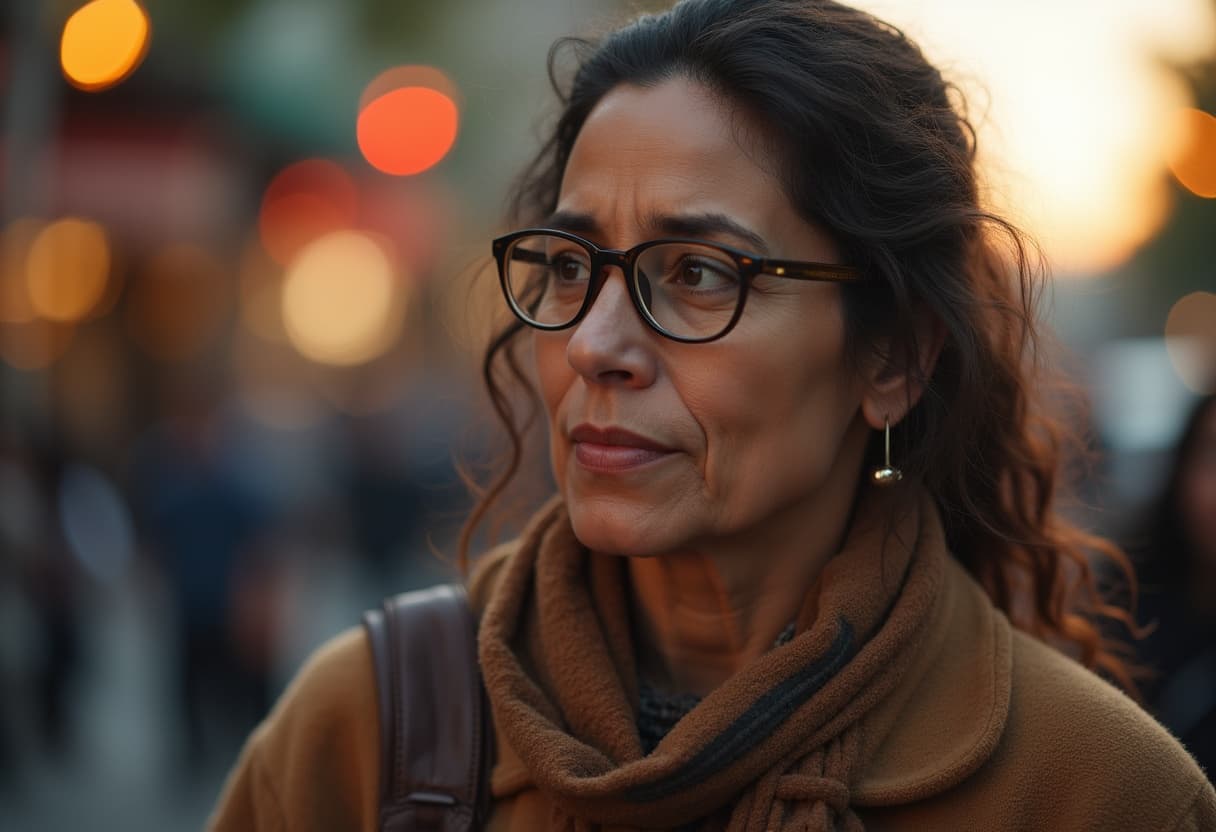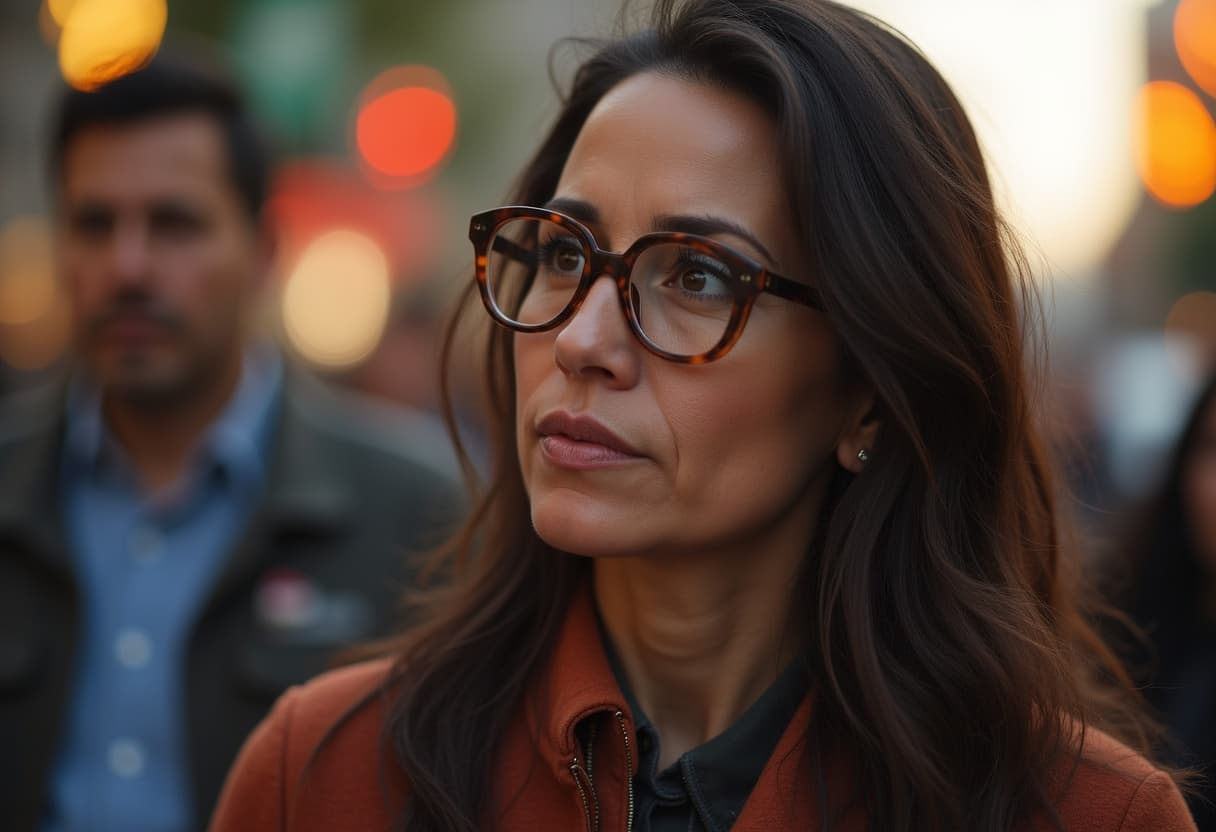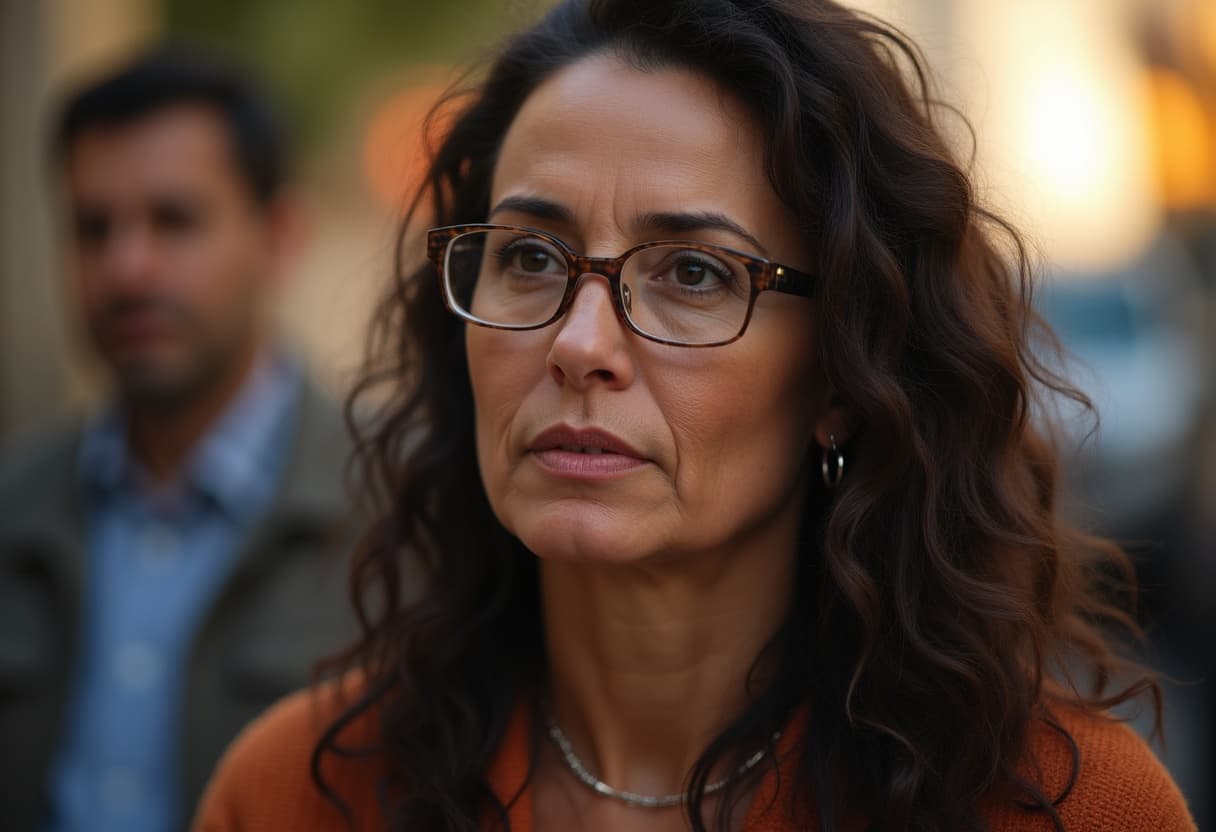Women Leading the Charge for Democracy Receive Nobel Peace Prize Honors
In a powerful affirmation of female leadership in the global struggle for democracy, María Corina Machado's receipt of the 2025 Nobel Peace Prize continues a striking trend of recognizing women activists who challenge authoritarian regimes often at great personal cost.
From Iran to Myanmar: A Legacy of Courage
Recent laureates have included notable figures like Narges Mohammadi from Iran, whose 2023 award was granted "in recognition of her steadfast opposition to the Iranian theocracy." Like Machado, Mohammadi’s activism—and subsequent imprisonment—highlight the perilous path many female democracy advocates confront.
Similarly, Daw Aung San Suu Kyi of Myanmar was honored with the Nobel Peace Prize in 1991 for her nonviolent endeavors to advance human rights and democratic governance. Both women were incarcerated when they received the prize, underscoring the continued repression faced amid crackdowns on dissent.
Narges Mohammadi: A Lifelong Fight for Freedom
Mohammadi, a 53-year-old human rights lawyer and one of the founders of Iran’s Defenders of Human Rights Center, has spent much of her life confronting systemic oppression. Infamously arrested for defying dress codes—such as at the age of 19 for wearing an orange coat—her activism has repeatedly placed her behind bars.
Currently serving a 10-year prison term on charges of "spreading anti-state propaganda," Mohammadi symbolized resilience when she was filmed chanting "Women, life, freedom!" without a hijab during her post-surgical recovery last year. This slogan has become emblematic of the female-led uprising challenging Iran’s theocratic government.
Aung San Suu Kyi: Democracy’s Complex Journey in Myanmar
As the daughter of Myanmar’s modern founding father, Aung San Suu Kyi’s political trajectory is deeply entwined with her country’s tumultuous history. Rising to prominence during brutal crackdowns on pro-democracy protests in 1988, her party’s 1990 electoral victory was nullified by the ruling junta. She endured nearly two decades under house arrest before ascending to de facto national leadership following a period of political liberalization.
However, the 2021 military coup reversed democratic gains, thrusting Suu Kyi back into imprisonment amid ongoing civil conflict. Her story exemplifies the fragile nature of democratic progress against entrenched military power.
The Broader Movement: Women Shaping Democracy Worldwide
Other women’s rights and democracy champions honored with Nobel Peace Prizes include Tawakkol Karman from Yemen, along with Ellen Johnson Sirleaf and Leymah Gbowee from Liberia, who jointly received the award in 2011. These laureates highlight how women activists are pivotal in navigating their nations toward peace and representative governance—often in the face of war, political repression, or social upheaval.
Expert Perspective: Why These Honors Matter Now More Than Ever
The recurring recognition of female democracy campaigners through the Nobel Peace Prize sends a profound message in a time when authoritarianism is resurging globally. In the United States, democracy advocates observe these laureates as exemplars of courage essential to safeguarding democratic institutions at home and abroad.
Additionally, acknowledging imprisoned activists highlights international solidarity and pressures authoritarian regimes, which may bolster global human rights efforts. Yet, their incarceration also prompts a critical question: What more can democratic societies do to protect and amplify the voices of such leaders?
Looking Forward: The Unfinished Fight for Freedom
María Corina Machado’s award is not just a personal accolade but a symbol of hope and fierce determination shared among countless women risking everything for democracy’s promise. As the world watches, these laureates embody both the progress achieved and the steep challenges that remain.
Key Takeaways:
- María Corina Machado’s Nobel Prize underscores the ongoing recognition of women’s vital roles in democratic movements worldwide.
- Prize winners often endure imprisonment, reflecting the severe risks democracy advocates face under authoritarian regimes.
- The international community’s acknowledgment serves as both encouragement and a call to action for human rights and democratic protections globally.

